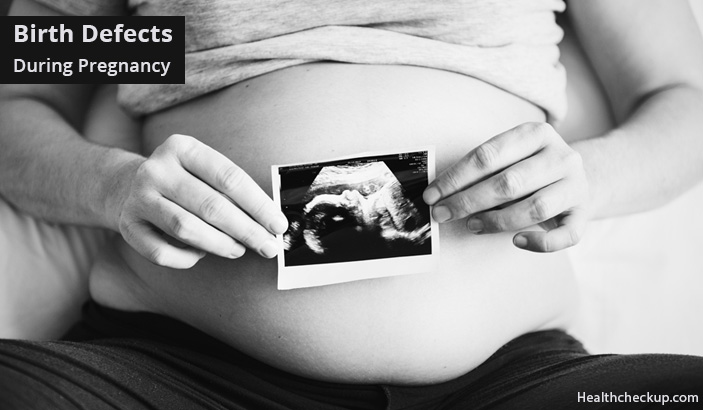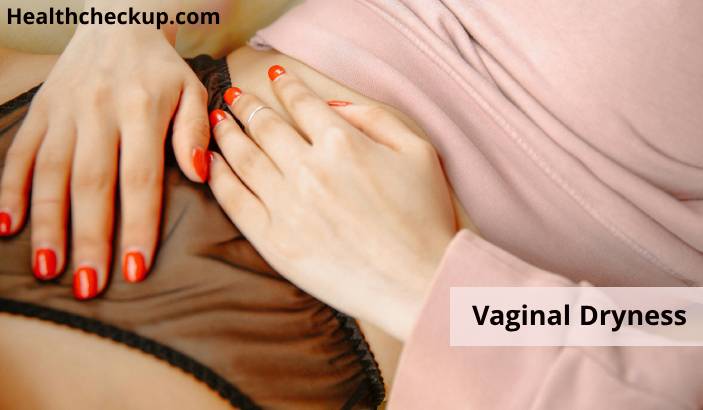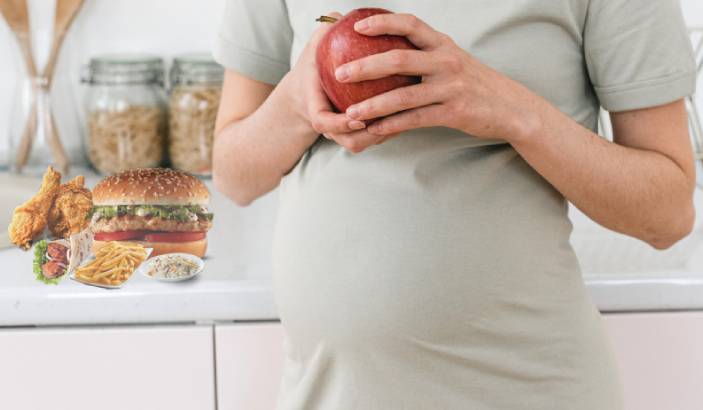Birth defects are congenital structural and functional abnormalities which occur or develop before the baby is born. Birth defects contribute majorly to the burden of neonatal diseases in India. According to global reports, 94% of the birth defects occur in low and middle-income countries.
Birth defects are one of the top 5 causes (nearly 9%) for neonatal deaths in India. They affect up to 2-3% of all births reported. Studies show that most of the children with birth defects are born preterm, that is, before the 37th week of pregnancy.
Most of the defects occur during the first trimester of pregnancy (first 3 months) when the organs and parts of the body are being formed. Some defects may also occur even in the later months of pregnancy.
Some of The Commonest Birth Defects Found in India are:
- Hard lip and cleft palate
- Spina bifida
- Down’s syndrome
- Hydrocephalus
- Talipes (clubfoot)
- Imperforate anus
What Causes Birth Defects During Pregnancy?
Birth defects can occur as a result of the effect of environmental and hereditary factors or both. Women belonging to the high-risk group who are most likely to give birth to children with birth defects are:
- Women with medical conditions like diabetes, hypertension and thyroid disorders during pregnancy
- Overweight women
- Women who consume drugs, alcohol, and tobacco during pregnancy.
- Cigarette smoking during pregnancy
- Women who have a family history of birth defects
- Women over the age of 35 years or young women (teenagers)
- Women who are frequently exposed to radiation
Certain Risk Factors Which Make India A Hub for Maximum Number of Birth Defects are:
- High fertility
- Poor sanitary facilities
- A large number of unplanned pregnancies
- Poor accessibility and awareness regarding antenatal care
- Poor maternal health and nutrition status
- High rates of consanguineous marriages
- High incidence of hemoglobinopathies (thalassemias and sickle cell anemias)
To Summarize, Causes for Birth Defects are:
1. Chromosomal abnormalities – the most common chromosomal abnormalities in India are Down’s syndrome, Turner’s syndrome, Edward’s syndrome, and Patau’s syndrome.
2. Genetic predisposition or family history of certain abnormalities.
3. Drugs – the fetus is harmful effects of drugs and some medications during 2-8 weeks of pregnancy.
4. Infections during pregnancy – rubella during the first trimester of pregnancy can cause major abnormalities of the heart, eyes, inner eyes and brain.
5. Mechanical factors – an abnormal posture of a fetus inside the uterus can create unusual pressure on certain parts resulting in structural or functional defects.
Signs of Birth Defects During Pregnancy
Physical and clinical signs during pregnancy which are suggestive of an abnormal pregnancy or birth defects are:
- Abnormal fetal position inside the uterus.
- Slow fetal growth
- Excessive (polyhydramnios) or lack of (oligohydramnios) amniotic fluid.
- Rapid heartbeat
- High blood pressure
- Reduced fetal heart sounds
- Reduced or absent fetal movements
- Early contractions or excessive abdominal cramps in the second and third trimester suggests preterm birth
- Bleeding during pregnancy
- Severe back pain during pregnancy could indicate pre-term labor or even miscarriage
- Restricted or reducing fundal growth
How to Detect Birth Defects During Pregnancy?
Birth defects during pregnancy can be identified by the following methods:
| Trimester of Pregnancy | Ways to Detect Birth Defects |
| First trimester |
|
| Second trimester |
|
How to Avoid Birth Defects During Pregnancy?
Not all birth defects can be prevented. However, there are measures which can be taken to reduce the chances of giving birth to a malformed child. These are:
- Plan your pregnancy by consulting an obstetrician. This is especially important for women who fall under the high-risk category mentioned above.
- Review your health status and medications (if you are on any) before you plan to get pregnant.
- Having a regular antenatal care check-up (ANC). A regular ANC will help you keep track of how your pregnancy progresses and also identify any abnormalities at the earliest.
- Take plenty of rest during pregnancy, especially during the first and last trimester. Avoid heavy physical work.
- Mild to moderate amount of exercise is permitted during pregnancy.
- Consume a well-balanced diet throughout pregnancy.
- Take supplements regularly as advised by your doctor.
- Curb cigarette smoking, tobacco, drugs, and alcohol consumption.
- Avoid taking any over-the-counter medications without consulting your doctor. Certain medicines can have deleterious effects on the woman and her unborn child. They can also lead to termination of pregnancy.
- Avoid coming in contact with chemicals used commonly in households like insecticides, disinfectants, and acids.
- Early detection and prompt treatment of infections during pregnancy help to prevent complications and spread of infection to the fetus.
- Avoid going to over-crowded places, hospitals and places with poor sanitization.
- Consult your doctor regarding immunization against infections during pregnancy.
Most of the birth defects can be noticed after the child is born, however, with the advent of screening and imaging techniques, birth defects can be easily identified during pregnancy as well. It is, therefore, need of the hour to spread awareness regarding the importance of antenatal care during pregnancy.
Frequently, once a major birth defect is identified which can severely hamper the quality of life of the child; the parents are counseled regarding termination of pregnancy. The stress of raising a child with serious birth defects is majorly borne by families belonging to low-income groups due to a lack of government services for congenital abnormalities.
Dr. Himanshi is a Homoeopathic consultant and currently working as a lecturer in Post-graduate faculty of Homeopathy, Parul University, Vadodara. Completed BHMS and MD in Homeopathy in January 2018 and also has a clinical experience of about 6 years. Personal interests include reading, spending time with family and traveling.









